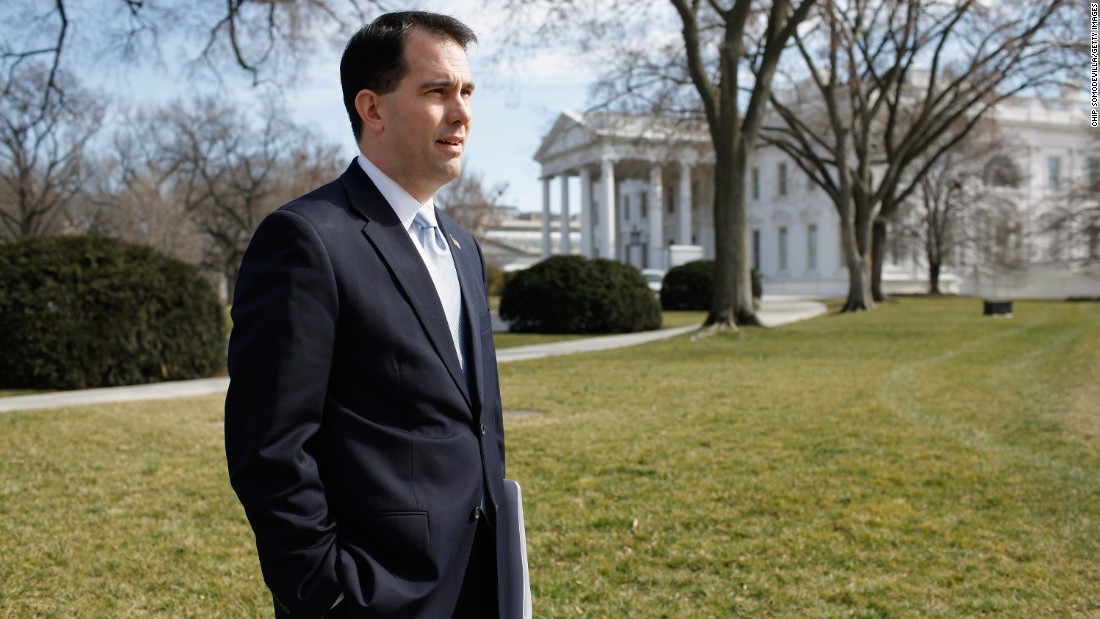 |
| Jeb Bush speaks before the Iowa Agriculture Summit in March (Jim Young/Reuters). |
What is it about Iowa and New Hampshire? What is so special about those two states that warrants them going first during every single presidential cycle?
Neither state is that particularly heavily populated. Iowa ranks 31st among states, New Hampshire 42nd, according to 2014 Census estimates. No city in either state has more than 220,000 people.
It’s not diversity either. Both states are considerably notably whiter than the rest of the nation. Iowa is 92.5% white and New Hampshire is 94.2%, compared to 77.7% for the country as a whole (*).
The actual reasons these two states get to go first is tradition and inertia. In Iowa’s case, a major factor was the availability of hotel reservations in Des Moines in 1972. New Hampshire has passed laws entrenching it as the first primary, and the national parties have never bothered to overrule them.
“That’s the way we’ve always done it” is not a good reason, and it’s not without consequence. Both states winnow the field considerably, typically eliminating all but three or four candidates before the vast majority of the other states get to weigh in. Not to mention a quadrennial boost in tourism, which has benefits that should be more evenly distributed among all states.
But Iowa and New Hampshire’s outsized influence is just one problem with our nomination process. As the presidential campaign gets underway, it’s worth reviewing the rules by which our next nominees will actually be picked. It is, like so many things in the American political system, a bizarre convoluted process. We can and should do much better.




